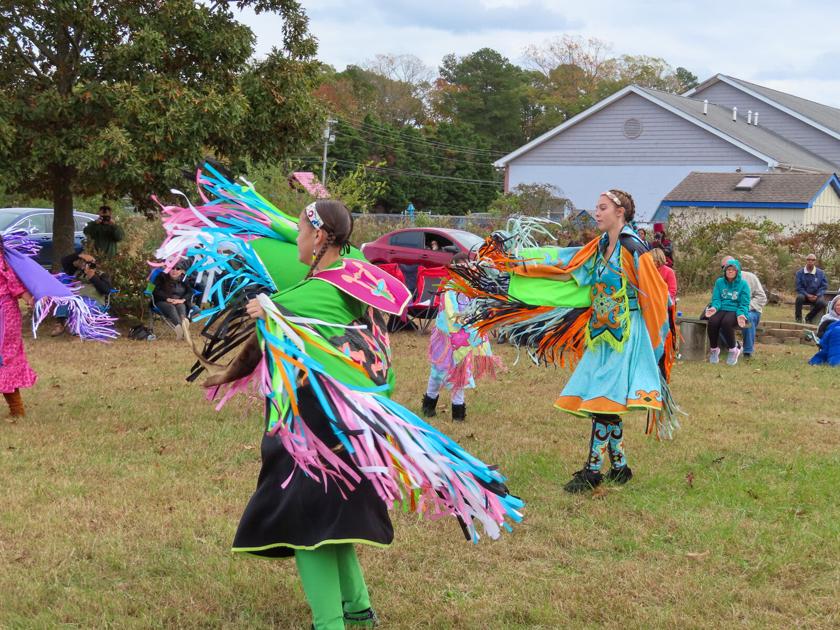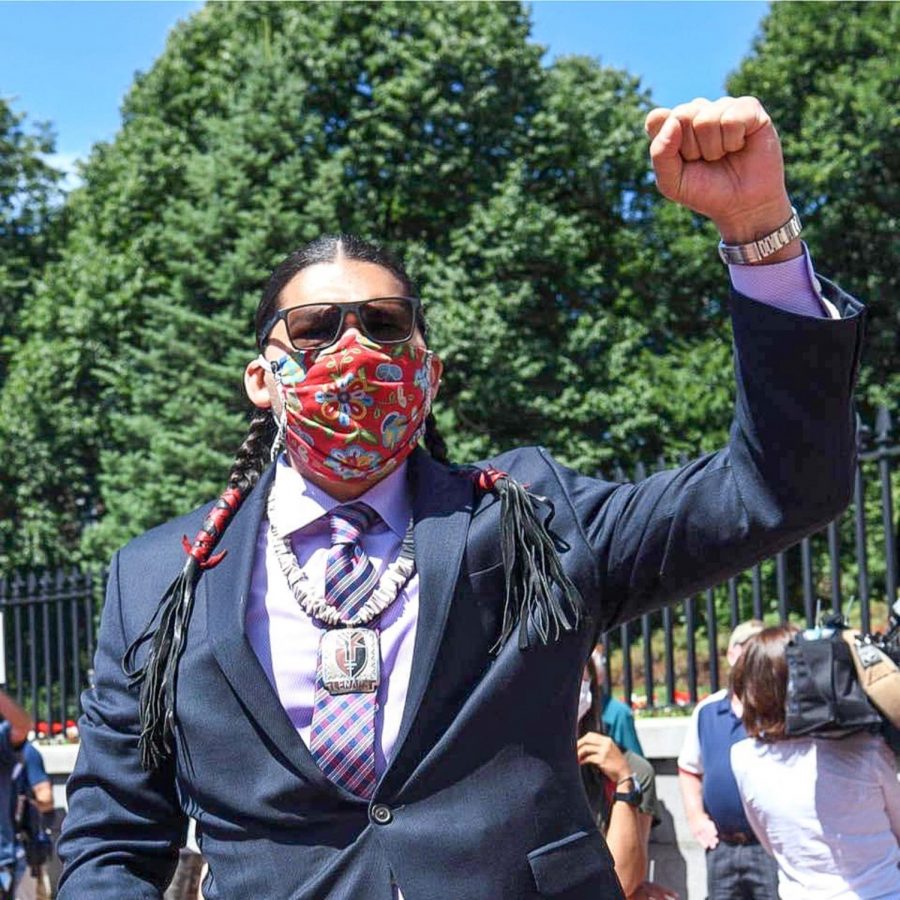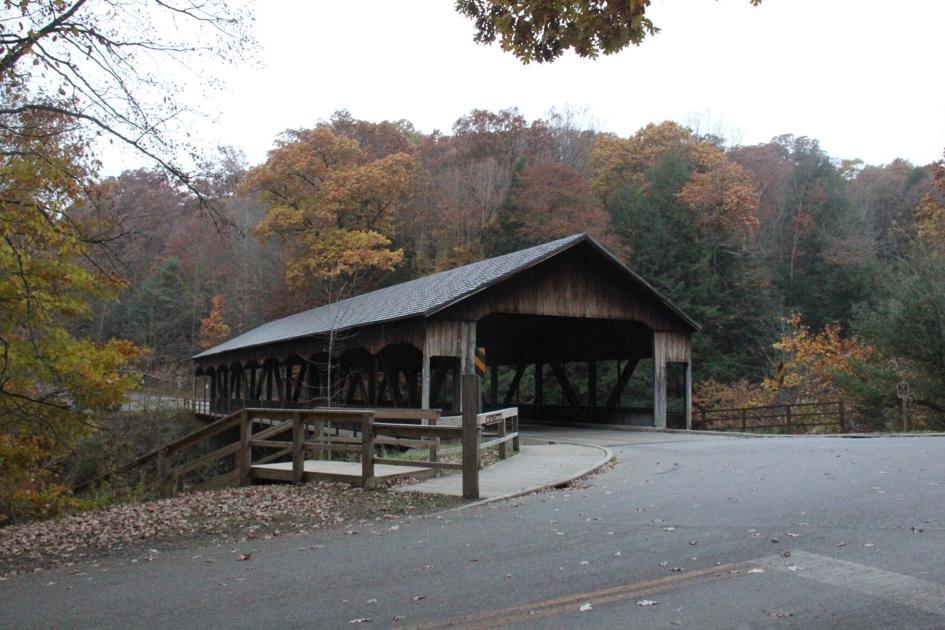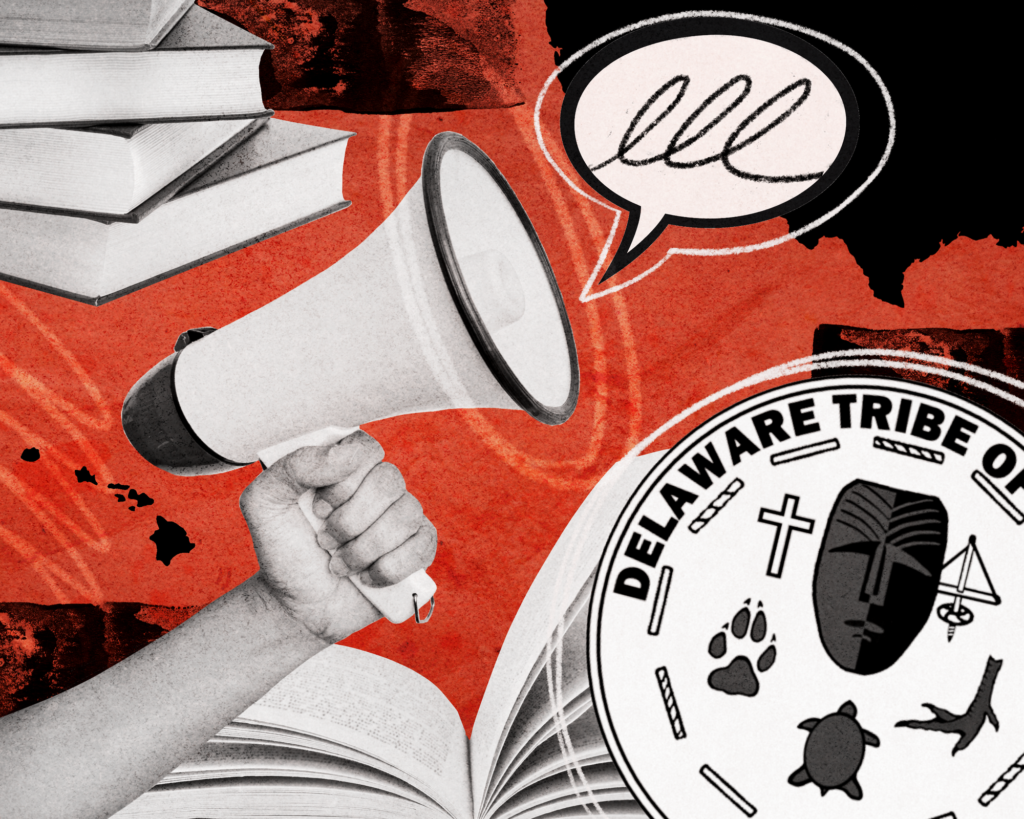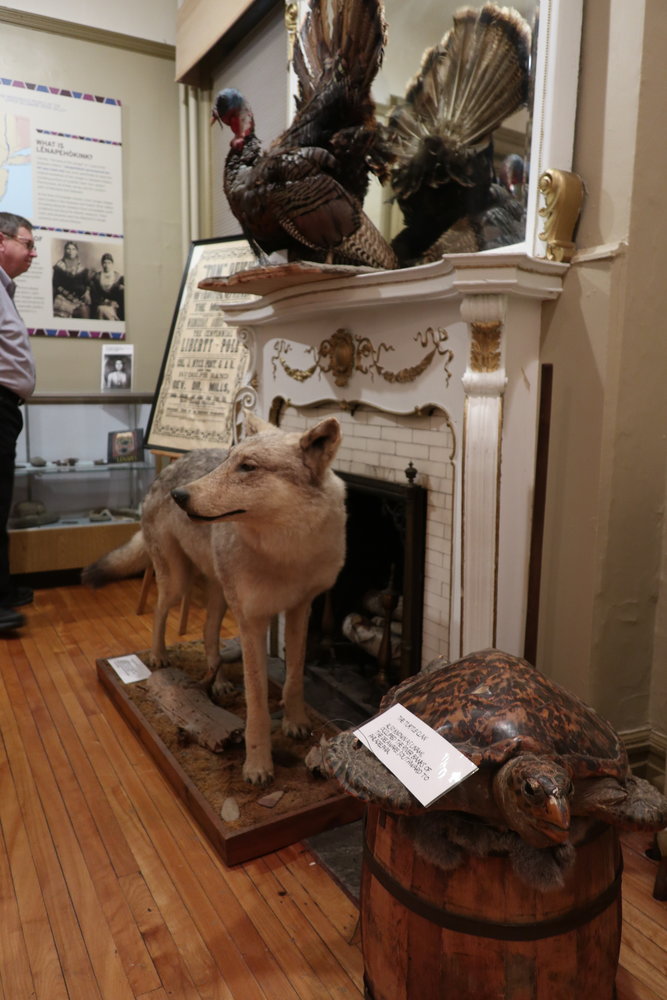Four centuries ago, the roots of Thanksgiving first took hold in our American soil. We living today commemorate the solemn dinner, back in the fall of 1621, shared by the Pilgrims of Plymouth, Mass., and the Wampanoag Indians, the local tribe who generously pulled the fragile Pilgrim colony through their first winter and taught them how to plant corn.
Let’s talk turkey about our Native American heritage. Suppose you had been one of the early explorers or settlers of North America. You would have found many things in your new land unknown to you. The handiest way of filling voids in your vocabulary would have been to ask the locals what words they used. The early colonists began borrowing words from Native Americans almost from the moment of their first contact, and many of those names have remained in our everyday language:
In a letter that English explorer John Smith wrote home in 1608 he described a critter that the Algonquian called a rahaughcum. Over the years the word was shortened and simplified to raccoon, one of the very first English words coined in America.
Pronouncing many of the Native American words was difficult for the early explorers and settlers. In many instances, they had to shorten and simplify the names. Identify the following animals from their Native American names:
apossoun (Don’t play dead now.)
otchock (How much wood?)
segankw (What’s black and white and stinks all over?)
The hidden animals are: opossum (Algonquian), woodchuck (Narragansett) and skunk (Algonquian). To this menagerie we may add the likes of caribou (Micmac), chipmunk (Ojibwa), moose (Algonquian), muskrat (Abenaki) and porgy (Algonquian).
You can expand the lexicon with the likes of food — squash (Narragansett), pecan (Algonquian), hominy (Algonquian), pone (Algonquian), pemmican (Cree) and succotash (Narragansett) — and other ingredients of Native American life — moccasin (Chippewa), toboggan (Algonquian), tomahawk (Algonquian),…

